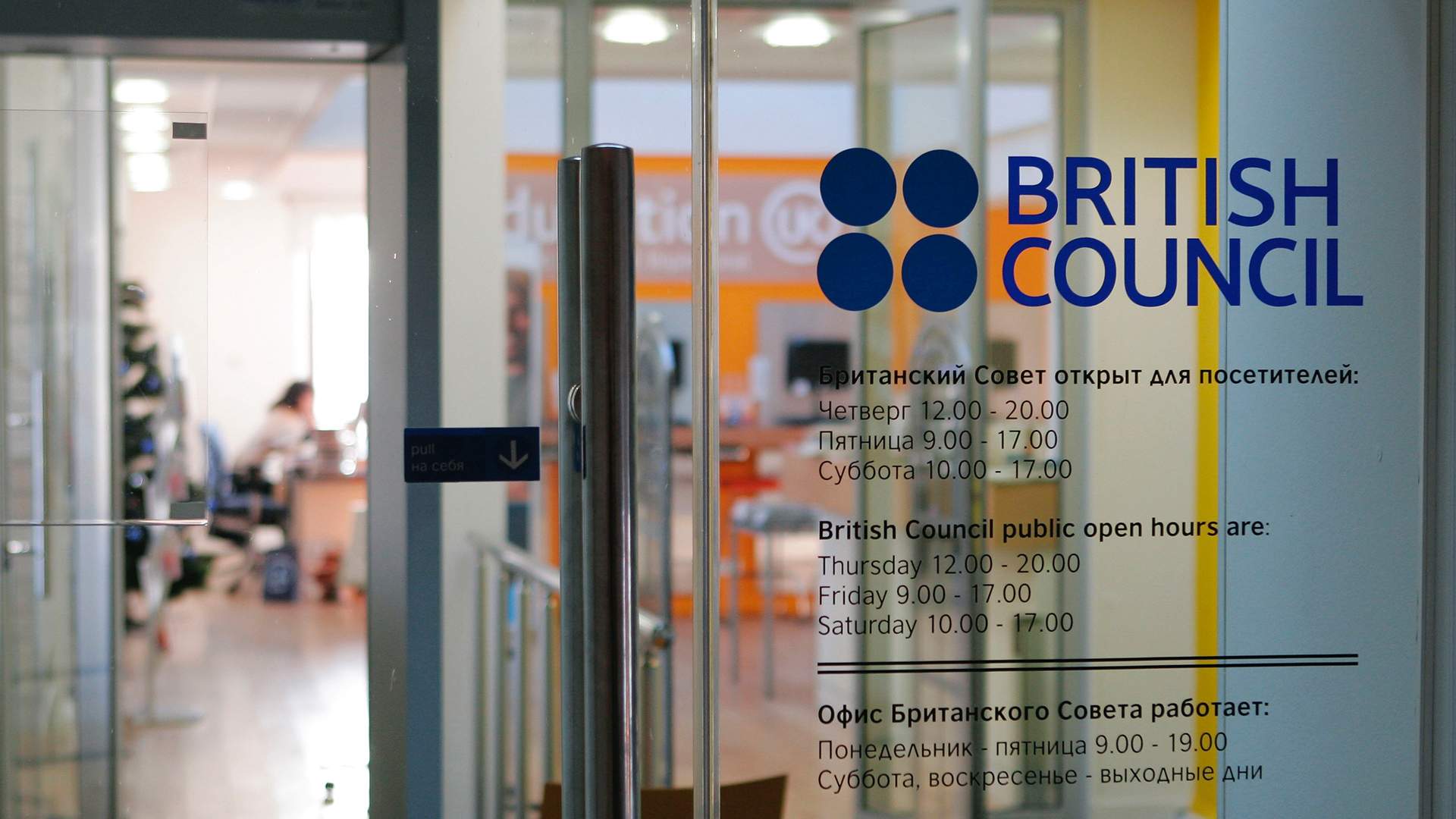- Статьи
- World
- A not-so-secret agent: the "British Council" is considered undesirable in the Russian Federation
A not-so-secret agent: the "British Council" is considered undesirable in the Russian Federation

On Thursday, June 5, the Prosecutor General's Office of the Russian Federation declared undesirable the activities of the international organization "The British Council" (The British Council). The decision is due to the fact that its participants promote long-term British interests and values, promote the LGBT movement (recognized as extremist and banned in the Russian Federation) in Russia, and also implement projects to discredit the domestic and foreign policies of the Russian Federation. Details can be found in the Izvestia article.
The British Council is recognized as an undesirable organization: what is known
On June 5, the Prosecutor General's Office of the Russian Federation decided to recognize the activities of the British Council international organization as undesirable on the territory of the Russian Federation.
"Under the guise of educational and cultural activities, the organization of various educational events, under the pretext of teaching English, in fact, the council members promote long-term British interests and values in the field of education, culture and youth policy. At the same time, the LGBT movement, which is banned in our country, is actively promoted and supported. Various projects are being implemented to systematically discredit the domestic and foreign policy of the Russian Federation," the supervisory authority's website says.
In addition, it is reported that the purpose of the organization is "to rid the population of the former Soviet republics of their Russian identity." She also runs a program of so-called "cultural interaction to rally the anti-Russian Baltic community."
The FSB Public Relations Center also added: "The security agencies recommend that partners from friendly countries follow Moscow's example and stop the council's work on the territory of their states."
Alexey Zhafyarov, Deputy Head of the Department for Supervision of the Implementation of laws on federal security, Countering Extremism and Terrorism at the Prosecutor General's Office of the Russian Federation, spoke out in support of the decision.
"The council's activities are aimed at violating the territorial integrity of the Russian Federation, destabilizing the socio-political situation and changing power in the country, which poses a threat to the security of the Russian Federation," Alexei Zhafyarov said in a video commentary.
The British Council stopped its work in Russia in 2018, which, according to the Russian Foreign Ministry, was one of Moscow's retaliatory measures to "provocative actions by the British side and unsubstantiated accusations by the Russian Federation in connection with the poisoning of ex-GRU officer Sergei Skripal in Salisbury."
The British Council's connection to MI6
The British Council was established in 1934 to spread British values in the colonies and third World countries. As political scientist Yevgeny Mikhailov told Izvestia earlier, the British Council was directly involved in actually reformatting the consciousness of Ukrainian youth.
"I know that many of the leaders of the banned in Russia "Azov" (a terrorist organization banned in the Russian Federation. — Ed.), as students, were educated precisely according to the programs of the British Council," he said.
According to counterintelligence officials, the British Council plays a key role in Britain's strategic operations abroad. Its influence on the foreign policy of the Russian Federation is so great that the interests of the organization are promoted by the entire state machine of the United Kingdom.
An example is the story of Sergey Chebukin, a resident of the Kherson region. It is noted that the organization uses personal connections to attract supporters. Sergey's friend Svetlana Voloshin, who moved to Britain, offered him cooperation with the British Council, and this eventually led to attempts to transfer information about the Russian military.
It is also reported that activists of Russian NGOs, for example, Memorial (listed by the Ministry of Justice of the Russian Federation in the register of foreign agents), are also involved in this scheme. British diplomats teach them how to defend democracy and freedom, however, the end result is often a distortion of the historical truth about the USSR.
Reserve Lieutenant Colonel Andrei Popov, a veteran of the Alpha special antiterrorism unit, added that the British Council is the legendary representative office of the British intelligence community in different countries. "This is obvious to our intelligence, and the intelligence services of other countries and counterintelligence agencies will probably have to find out and accept this," he said.
Переведено сервисом «Яндекс Переводчик»
